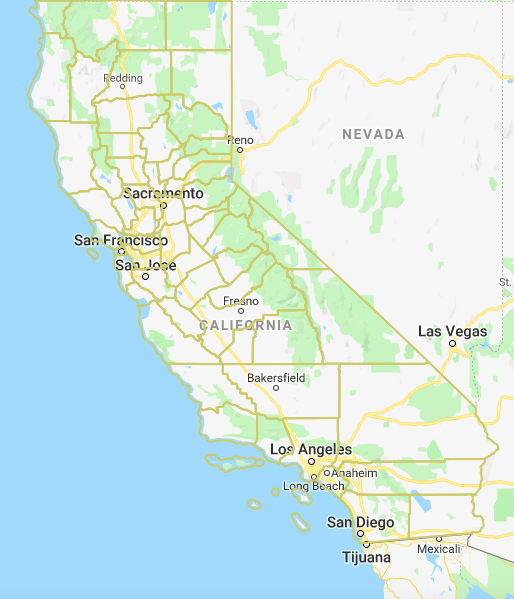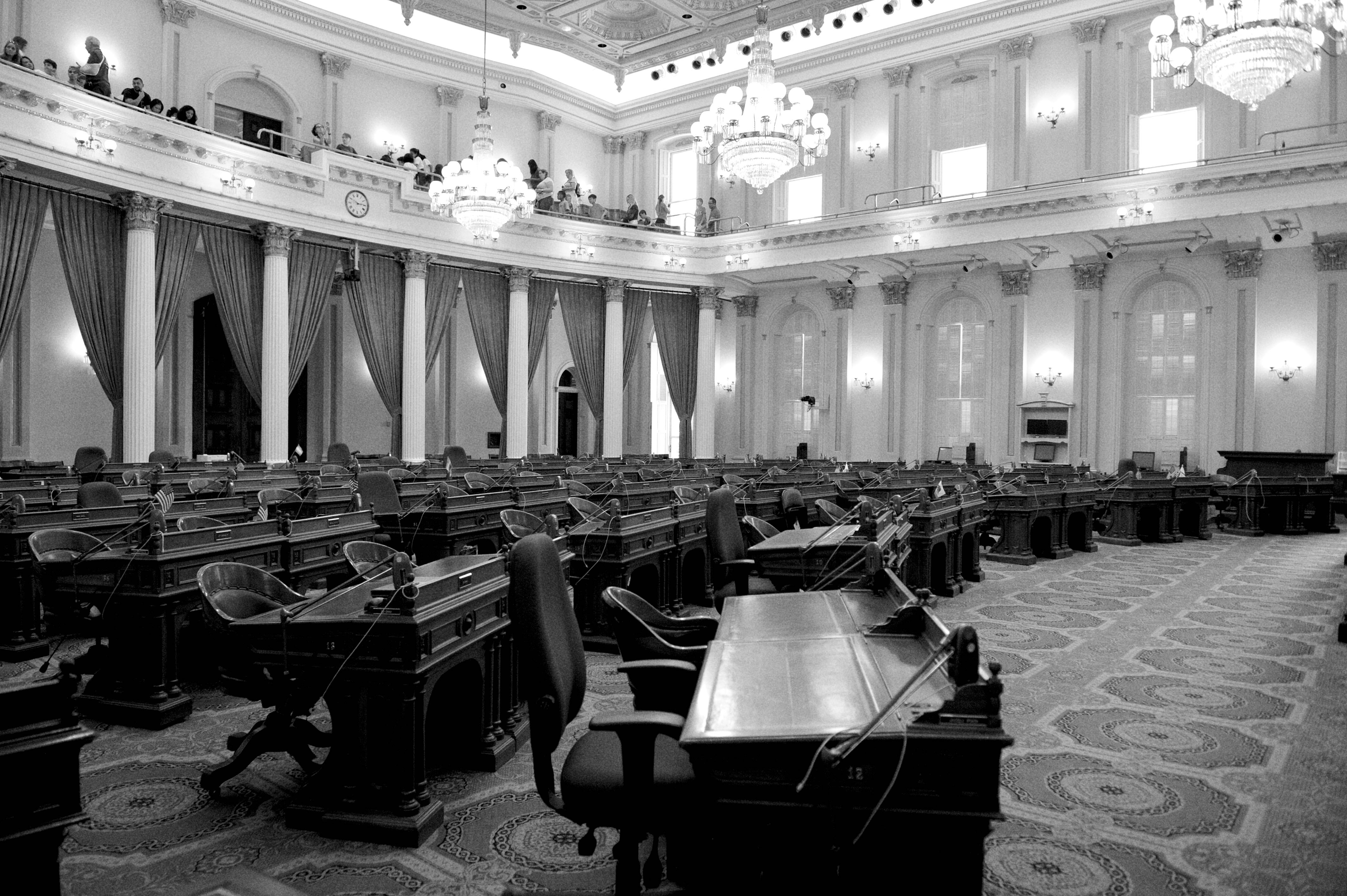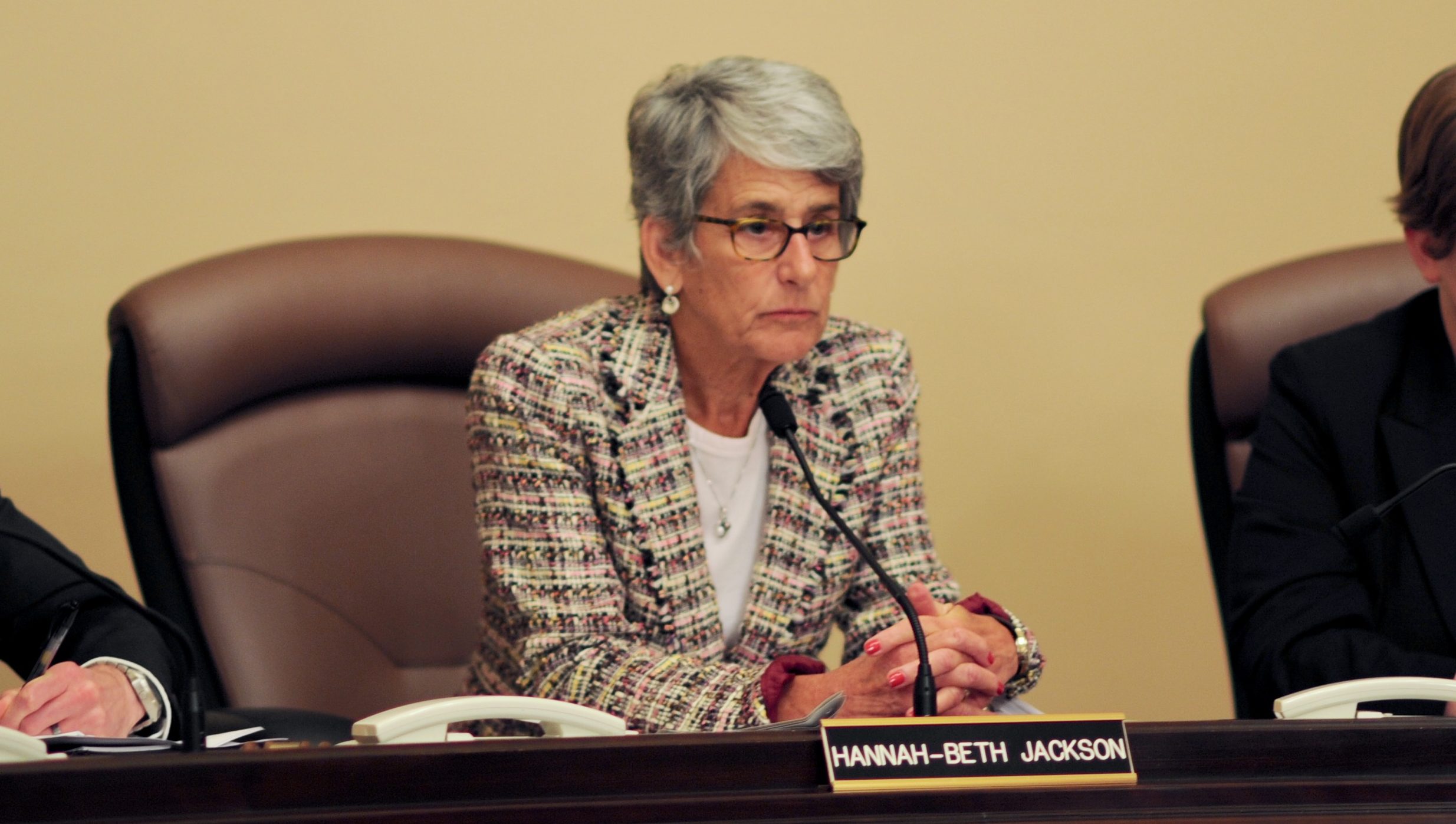
The Legislative Bill Room, California State Capitol. (Photo: ca.gov)
Special Rules for California Bill Drafting
There are several unique drafting rules
By Chris Micheli, October 20, 2020 2:45 am
With certain types of legislation in California, there are several unique drafting rules, such as for tax measures, bond measures, and criminal statutes.
Tax Bills
There is a misconception that a bill keyed as a “tax levy” is always a tax increase measure. While a tax levy is usually used as a tax collection tool by the local or state government, in the California legislative process, a tax levy is actually any bill that imposes, repeals, or somehow materially alters a state tax.
It is the Legislative Counsel’s office who drafts all bills and amendments, and who indicates in the Title and the Digest of a bill whether the bill is keyed as a tax levy. The Legislative Counsel will classify a bill as a tax levy if its subject matter exclusively or principally imposes, repeals, or otherwise modifies the incidence or burden of a state tax. In addition to the title, the body of the bill will also contain a statement that the measure is a tax levy.
Bills that impose, repeal, or modify a state tax and that also contain provisions unrelated to the tax levy provisions are not designated as tax levies, unless Legislative Counsel determines the tax levy provisions are the principal or primary purpose or object of the bill. Bills that exclusively or primarily affect the rate, base, or burden of the property tax are also designated as tax levies.
Example of Tax Levy Language:
“This act provides for a tax levy within the meaning of Article IV of the California Constitution and shall go into immediate effect.”
Tax levy bills take effect immediately [California Constitution, Article IV, Section 8(c)(3).] However, their operative dates may be different. Tax levy bills are not subject to referendum by the people [California Constitution, Article II, Section 9(a).] Moreover, tax levy bills are not subject to many of the normal legislative deadlines for the consideration of bills.
Instead, they are treated like urgency bills and constitutional amendments. Accordingly, policy and fiscal committees may meet for the purpose of hearing a tax levy bill at any time other than those periods when no committee may meet for any purpose.
Unless specified otherwise, personal income tax and corporation tax bills apply to taxable years beginning on or after the January 1 preceding enactment (Revenue and Taxation Code Sections 17034, 18415, and 23058). For example, a bill enacting an income tax credit that is chaptered by the Secretary of State during 2004 will apply to taxable years beginning on and after January 1, 2004, unless specified otherwise. Furthermore, bills may specify an operative date that is different from the effective date of a bill.
Bond Bills
A bill authorizing the sale of State general obligation bonds to finance specified projects or activities must subsequently be approved by the voters. There is standard language that goes into most bond bills, including some of the following provisions:
An appropriation is made, such as: “There is hereby appropriated from the General Fund in the State Treasury, for the purposes of this article, an amount that will equal the total of the following: (a) The sum annually necessary to pay the principal of, and interest on, bonds issued and sold pursuant to this article, as the principal and interest become due and payable.”
Reserves are accounted for, such as: “All money deposited in the fund that is derived from premium and accrued interest on bonds sold, in excess of any amount of premium used to pay costs of issuing the bonds, shall be reserved in the fund and shall be available for transfer to the General Fund as a credit to expenditures for bond interest, except that amounts derived from premium may be reserved and used to pay costs of bond issuance before any transfer to the General Fund.”
Costs of the bond issuance are covered, such as: “Pursuant to the State General Obligation Bond Law (Chapter 4 (commencing with Section 16720) of Part 3 of Division 4 of Title 2 of the Government Code), all or a portion of the cost of bond issuance may be paid out of the bond proceeds, including any premium derived from the sale of the bonds. These costs shall be shared proportionally by each program funded through this bond act.”
Provision for the bonds to be refunded is made, such as: “Any bonds issued pursuant to this article may be refunded in accordance with Article 6 (commencing with Section 16780) of Chapter 4 of Part 3 of Division 4 of Title 2 of the Government Code, which is a part of the State General Obligation Bond Law. Approval by the voters of the state for the issuance of the bonds described in this article includes the approval of the issuance and sale or exchange of any bonds issued to refund any bonds originally issued under this article or any previously issued refunding bonds. Any bond refunded with the proceeds of a refunding bond as authorized by this section may be legally defeased to the extent permitted by law in the manner and to the extent set forth in the resolution, as amended from time to time, authorizing that refunded bond.”
The tax consequences may be addressed, such as: “Notwithstanding any other provision of this article, or of the State General Obligation Bond Law, if the Treasurer sells bonds pursuant to this part that include a bond counsel opinion to the effect that the interest on the bonds is excluded from gross income for federal tax purposes under designated conditions or is otherwise entitled to any federal tax advantage, the Treasurer may maintain separate accounts for the investment of bond proceeds and for the investment of earnings on those proceeds. The Treasurer may use or direct the use of those proceeds or earnings to pay any rebate, penalty, or other payment required under federal law or take any other action with respect to the investment and use of those bond proceeds required or desirable under federal tax law or to obtain any other advantage under federal law on behalf of the funds of this state.”
Findings and declarations are made, such as: “The Legislature hereby finds and declares that, inasmuch as the proceeds from the sale of bonds authorized by this article are not “proceeds of taxes” as that term is used in Article XIII B of the California Constitution, the disbursement of these proceeds is not subject to the limitations imposed by that article.”
When the bond takes effect is set forth, such as: “Section 1 of this act shall take effect upon the approval by the voters of the Veterans Housing and Homeless Prevention Bond Act of 2022, as set forth in that section.”
The election date is specified, such as: “Section 1 of this act shall be submitted to the voters at the June 7, 2022 statewide primary election in accordance with provisions of the Elections Code and the Government Code governing the submission of a statewide measure to the voters.”
Penal Code Bills
In drafting California Penal Code provisions, there are several essential provisions of a criminal offense, including the culpable mental state; elements of the crime, the penalty for committing the crime, and, any special defenses that are provided. It is a good idea to use any existing penalty classifications in order to allow for easier comparisons of criminal offenses and easier administration of the criminal justice system.
A bill drafter should ensure not to improperly classify a violation as a misdemeanor or a felony. Be sure to use clear and concise language when stating the elements of the crime. Remember the general rules that a criminal offense is strictly construed against the state, and that the offense must give fair warning to an ordinary person of what is prohibited under the law. As a result, the bill drafter should avoid vagueness and ambiguity in all statutes, but especially those involving Penal Code sections.
As a general rule, the bill drafter should not include generally applicable defenses as they are specified elsewhere in the Penal Code. Instead, specify exceptions and defenses in a separate section. Otherwise, mixing exceptions or defenses with the elements of the criminal offense may create unnecessary interpretation issues and additional hurdles for the prosecution to prove
- Joint Debtors in California - December 27, 2025
- Division of Property in California - December 27, 2025
- Agency Adoptions - December 26, 2025




